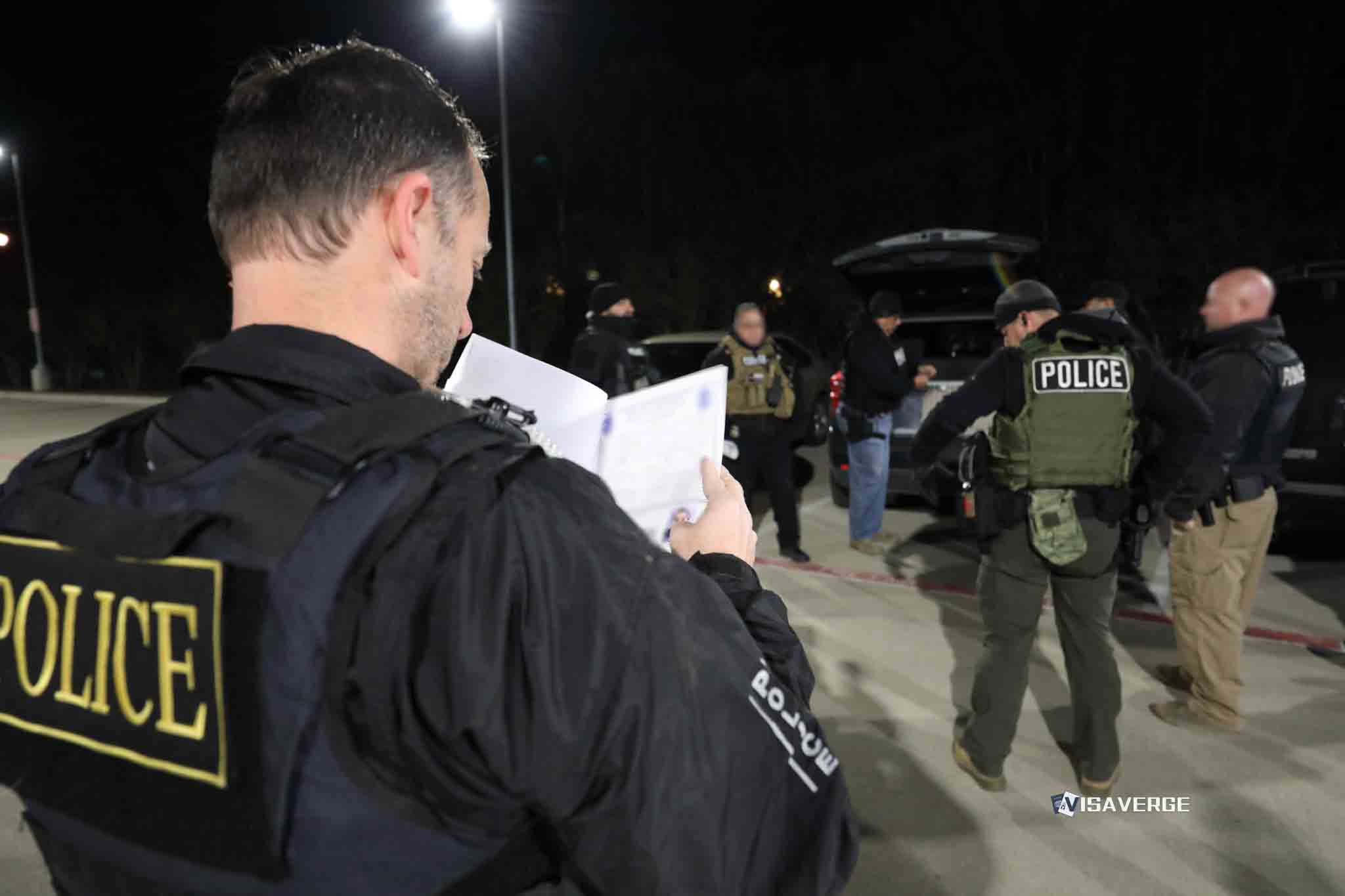U.S. immigration services will keep the lights on for L-1 workers even if Congress fails to pass funding, because federal fee funding allows core casework to continue. During a government shutdown, USCIS continues accepting and processing L-1 extension petitions, though applicants should expect slower decisions because some staff are furloughed and several partner agencies scale back. L-1 petitions do not rely on the Department of Labor for a Labor Condition Application, so filings are not blocked when the DOL suspends operations. Employers and transferees still face uncertainty, but for this visa category the pipeline remains open.
Policy operations during a shutdown

USCIS is primarily funded by application fees, which means it keeps working through a shutdown while many other parts of the federal government pause. The agency has historically kept service centers running with reduced staffing, resulting in processing delays rather than a full stop for L-1 extension petitions. That distinction matters for multinational companies that need continuity for managers and employees with specialized knowledge.
In past shutdowns, the biggest bottlenecks have been:
- Reduced USCIS staffing at service centers and lockboxes
- Unavailability or slowdowns at partner agencies
- Slower mailroom intake and customer-service responses
The Department of Labor presents a different picture. When funding lapses, the DOL typically stops processing LCAs and other labor certifications until appropriations restart. That stoppage blocks filings for categories that require an LCA (for example, H-1B), but it does not directly affect L-1 extension petitions because L-1s do not require an LCA. As a result, L-1 employers can continue filing and employees can seek to extend status while colleagues in LCA‑dependent categories wait.
Applicants should still plan for a slower path. With diminished staff at USCIS, case movement may lag. Delivery services, lockbox intake, and contact centers may also run on skeleton crews, creating longer intake times and fewer updates. However, the basic rule remains: if your company files a timely, complete L-1 extension, USCIS will keep the case in the queue during a government shutdown.
According to analysis by VisaVerge.com, the biggest risk during a shutdown is not whether L-1 extension petitions can be filed—they can—but whether employers and workers wait too long to act or lack proof of their attempts during system slowdowns. The safest move is to prepare early and send the petition as soon as the company has the required documents. If the shutdown creates real barriers to timely filing, keep records that show exactly what happened.
What if your L-1 status expires mid-shutdown?
If your current L-1 status expires during the shutdown, file the extension as soon as possible. USCIS has historically accepted late filings when the delay was caused by the shutdown and the applicant can show they were ready to file on time. This is a discretionary call, not an automatic grace; the agency looks for evidence, and you should provide it up front.
Practical steps to document delays:
- Keep dated news articles about the shutdown and any official service interruptions.
- Take screenshots of system outages, error messages, or closed intake notices.
- Save shipping receipts, tracking history, and any courier delay notices.
- Maintain emails that show timely preparation and attempts to file.
Submit this proof with your petition to explain the late arrival. USCIS may exercise discretion to accept the filing when the cause is tied to the shutdown and your actions show diligence. Without that record, a late extension could be denied as untimely, which could harm your ability to keep lawful status or travel.
Employers should build internal timelines that assume slower intake and adjudication. While L-1s avoid the DOL roadblock, they still rely on service centers that may move more slowly than usual. HR teams should:
- Set earlier internal deadlines
- Confirm signatories in advance
- Plan for shipping cushions in case carrier networks are strained
Family, travel, and practical implications
For multinational families, the human side is real. Children’s school enrollments, leases, medical care, and travel often hinge on timely approval notices. Even when USCIS continues operations, a government shutdown can add enough delay to unsettle those plans.
Recommendations for families and dependents:
- Avoid non-urgent international travel until you have clear proof of extended status.
- Coordinate with immigration counsel if your I-94 arrival record approaches expiration during the shutdown.
- Keep the same detailed evidence of attempts to file and any service disruptions for L-1 spouses or children facing status issues.
Different service centers may experience varying processing speeds. Mail delivered to a lockbox during a shutdown can sit longer before intake, and customer service responses may be delayed. None of these factors stop the filing of L-1 extension petitions, but they do call for patience and proactive planning.
USCIS funding background and practical filing tips
USCIS has long explained that its operations are largely fee-funded, which supports continuity during funding gaps. For background on USCIS’s structure, see the agency’s official overview page at USCIS. That funding model is the reason L-1 extension petitions continue moving while many other federal functions stall.
If an L-1 expiration date falls in the middle of a shutdown, keep lines open with legal counsel. If filing late becomes unavoidable, follow this playbook:
- Prepare a simple cover letter stating the cause of delay.
- Attach evidence of the shutdown’s impact (documents listed above).
- Send a complete packet with all required forms and supporting materials.
A careful, well-documented filing during the shutdown can protect status and limit disruption for global teams who rely on key managers and specialists to keep cross‑border projects on track.
In short: keep filing, document delays tied to the government shutdown, and act early. APA LCA (Labor Condition Application) do not depend on the DOL’s LCA process, so they can proceed — but reduced staffing means every day counts.
Frequently Asked Questions
This Article in a Nutshell
During a government shutdown, USCIS typically continues processing L-1 extension petitions because the agency is funded mainly by application fees. L-1 filings remain possible since they do not require a Department of Labor Labor Condition Application, which often halts during shutdowns. However, adjudications slow due to reduced USCIS staffing, partner-agency delays, slower mailroom intake, and reduced customer service. If an L-1 status expires mid-shutdown, applicants should file as soon as possible and submit evidence showing the delay was caused by the shutdown; USCIS has historically exercised discretion to accept late filings with supporting documentation. Employers should prepare early, document attempts to file, set internal deadlines, and coordinate with counsel to protect employees and families.













